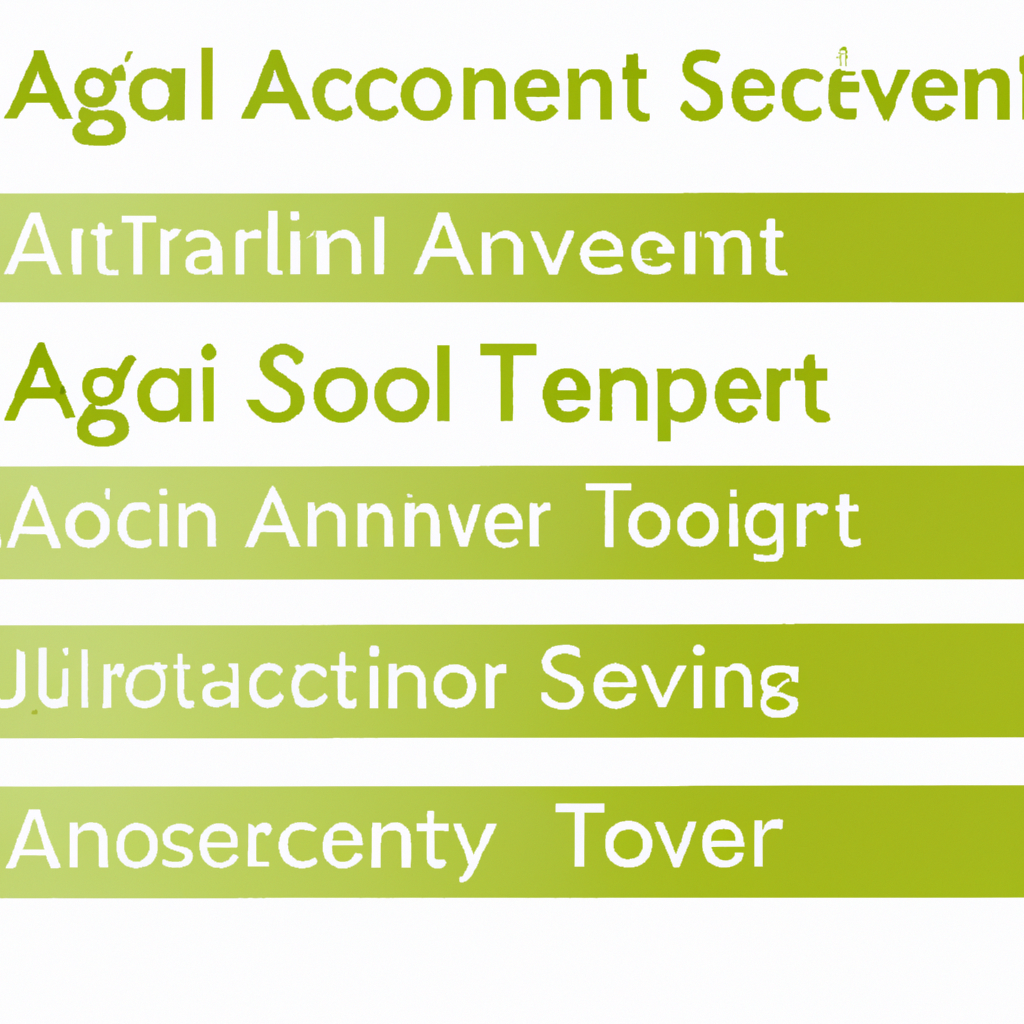Comparison of Investment Account Types
1. Individual Retirement Accounts (IRAs)
IRAs are investment accounts designed for retirement savings. There are two main types of IRAs: Traditional IRAs and Roth IRAs. Traditional IRAs offer tax-deferred growth, meaning you won’t pay taxes on your earnings until you withdraw the money in retirement. Roth IRAs, on the other hand, offer tax-free growth, meaning you pay taxes on your contributions upfront but can withdraw the money tax-free in retirement.
2. 401(k) Accounts
401(k) accounts are employer-sponsored retirement plans that allow employees to contribute a portion of their salary to a retirement account. These contributions are typically made on a pre-tax basis, meaning you won’t pay taxes on the money until you withdraw it in retirement. Some employers also offer matching contributions, which can help boost your retirement savings.
3. Brokerage Accounts
Brokerage accounts are investment accounts that allow you to buy and sell stocks, bonds, mutual funds, and other securities. Unlike retirement accounts, brokerage accounts do not offer any tax advantages, but they also do not have any restrictions on when you can withdraw your money. This flexibility can be beneficial for those who want to save for goals other than retirement.
4. 529 College Savings Plans
529 college savings plans are investment accounts specifically designed to help families save for education expenses. These accounts offer tax-free growth and withdrawals when used for qualified education expenses, making them a popular choice for parents and grandparents looking to save for their children’s or grandchildren’s education.
5. Health Savings Accounts (HSAs)
HSAs are investment accounts that are paired with high-deductible health insurance plans. Contributions to an HSA are tax-deductible, and withdrawals for qualified medical expenses are tax-free. HSAs can be a valuable tool for saving for healthcare expenses in retirement or for covering current medical costs.
In conclusion, there are several types of investment accounts available, each with its own benefits and considerations. It’s important to carefully consider your financial goals and needs when choosing the right account for you. Whether you’re saving for retirement, education, or healthcare expenses, there is likely an investment account that can help you reach your goals.


